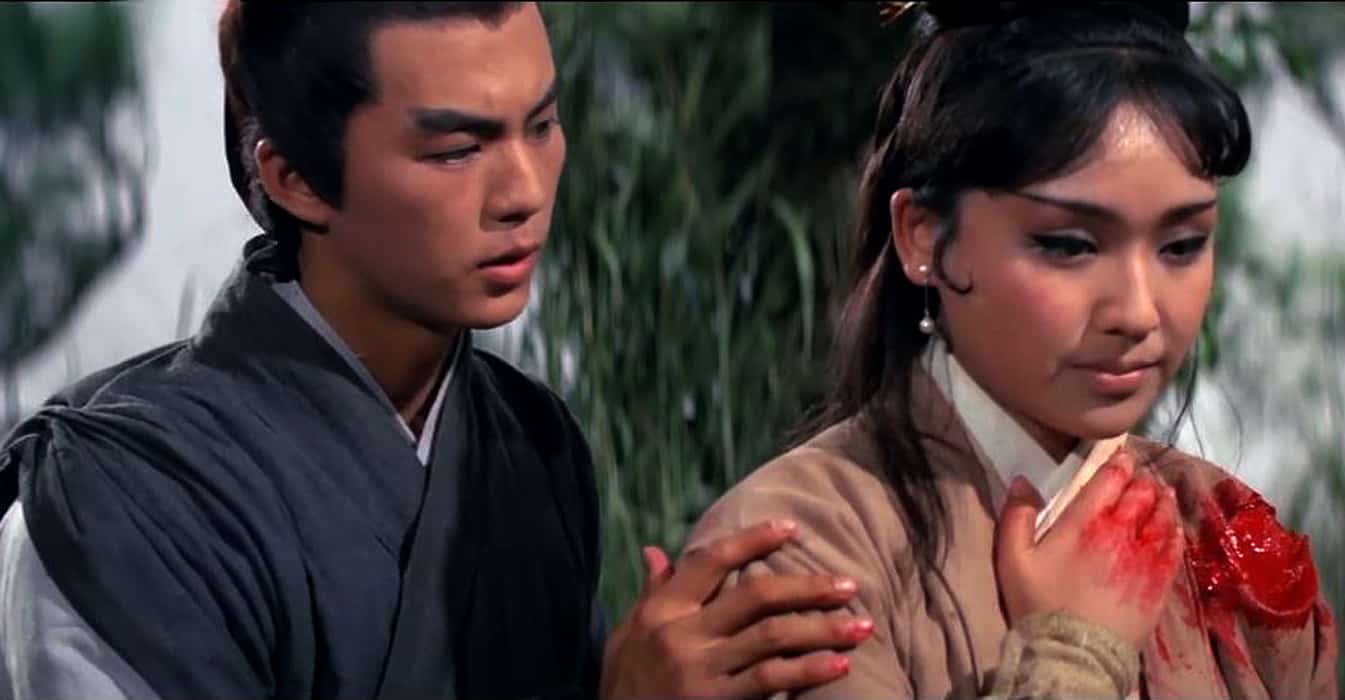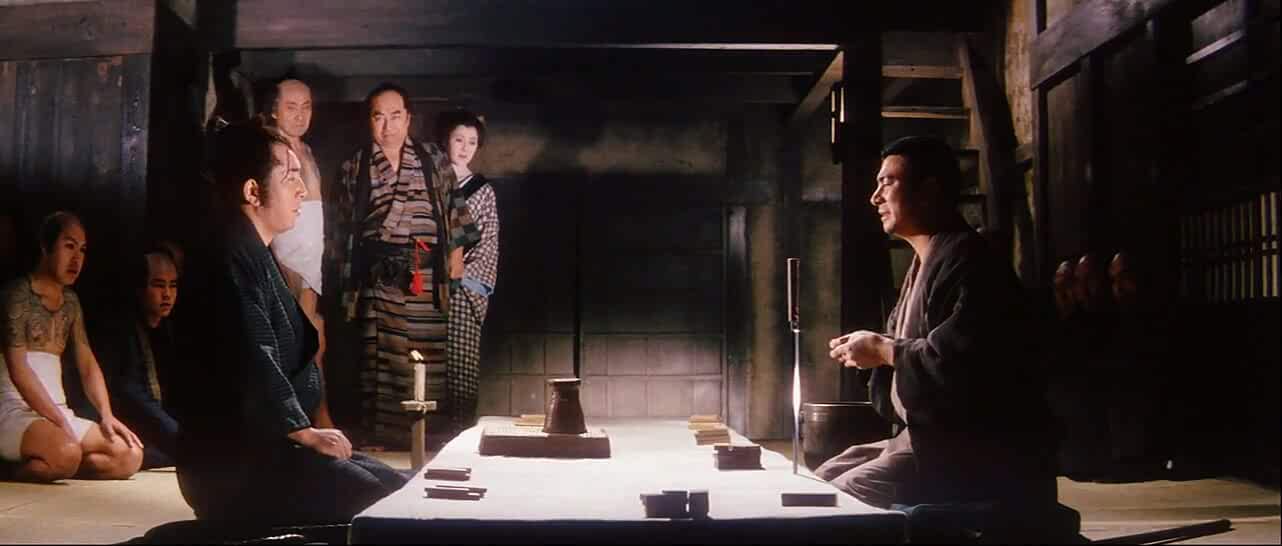One of the latest trends in world cinema is the “Greek Weird Wave”, with films like “Dogtooth” and “Attenberg,” that take reality and push it to its borders, occasionally surpassing the lines of surrealism. Regarding weirdness however, if Greece has a wave, Japan has a tsunami, and has been having one for decades now. With films like “Robo Geisha” and “Dead Sushi”, Noboru Iguchi is a definite member of the genre, and his latest movie, “Slavemen” is a testament to the fact, as it takes the concept of the “masked hero” to its most extreme, despite the fact that gore is totally absent from this film.
Yasuyuki is a true loser. He aspires to become a filmmaker, but is only a cleaner, spending his days mopping floors, and living with his somewhat abusive sister. Nothing seems to improve his life, and things become even worse when, one day at work, he stumbles upon a sexy photoshoot presided by Kiryu, a former classmate of his. Kiryu is the son of a mogul, but, most importantly, he used to bully Yasuyuki, terribly. Their encounter ends up in another traumatic experience for the protagonist, who ends up running away, this time stumbling upon Ayano, a girl handing packs of tissues to passerby, dressed as a maid. He becomes infatuated with her, but as he realizes what a loser he is, he starts feeling hopeless once again.
“Slavemen” screened at Japan Filmfest Hamburg

Enter the masked hero concept. On a rather absurd sequence of events that involves three individuals selling a mask that makes its wearer all powerful to Kiryu's dad, Yasuyuki ends up with it, becoming himself the masked hero. His new equipment makes him much stronger and an expert on martial arts, but most importantly, when he “scans” his enemies, he is able to change his past for the better. After his first scanning, Yasuyuki's life improves vastly and he sets again on getting the maid. However, he soon realizes that changing the past is not always so beneficial, and at the same time, his enemies (who are actually people from his life who, for some reason, change into monsters when he attacks them) become much stronger. Lastly, the voice of the mask warns him that if he fails to scan his opponent twice, his future will become terrible and even proceeds on showing footage of this horrible “what if?”
Noboru Iguchi directs and pens a film that, if it was to be described with one word, that would definitely be “preposterous.” Nothing seems to make sense in this movie, and the concept, characters and narrative are nothing less than absurd. The fact that Iguchi seems to make an effort to fit some social comments regarding bullying, regret and corporate greed in this chaos, succeed only in making this sense even greater, in a tactic similar to the one Minoru Kawasaki implemented in his films (“The Calamari Wrestler”, “Executive Koala”, etc).

However, as the film functions as a parody of the “masked hero” concept, and through a number of hilarious concepts, like the way his opponents try to defend from his scanning, results in a highly entertaining spectacle, that is bound to make its audience laugh, particularly the ones who appreciate the Japanese sense of humor.
The combination of Yasuhiko Fukuda's music (and the theme by BRATS) and Demo Tanaka's fast editing make the film function as a preposterous combination of music video, anime and video game, while the fanservice elements definitely move towards the same direction. Lastly, Tsuyoshi Kazuno and Tomoya Ohata in the special effects and Miho Yoshida in the costumes have done a great job, presenting the film's impressive visuals.

The acting also moves in accordance to the general aesthetics, with Yuichi Nakamura as Yasuyuki and Ryohei Abe as Kiryu playing their parts with a fitting excessiveness. Kayako Okuda as Ayano looks sexy enough for the apple of discord role she has, and Chieri Ajioka as Yasuyuki's sister plays the most sensible (for this particular movie that is) role.
“Slavemen” is a very entertaining film inside its preposterousness, which all fans of Japanese weirdness will adore.















